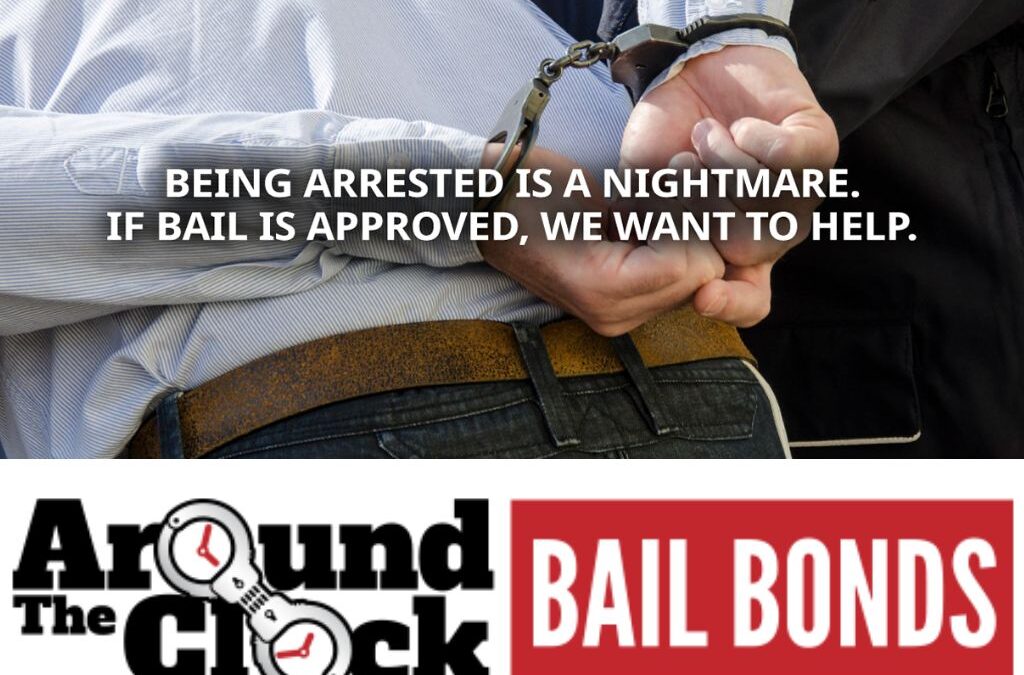Felony Bail Amounts in North Carolina
Understanding Bail for Felony Charges Across North Carolina
If you or a loved one has been charged with a felony in North Carolina, understanding how bail works is a crucial first step. Bail is the amount of money a court requires to release someone from custody while they await trial. The amount can vary widely depending on the severity of the offense, criminal history, and even the specific county where the arrest occurred.
What Determines Bail Amounts?
In North Carolina, bail is set during a first appearance before a magistrate or judge. The following factors are considered when setting bail:
- Nature and severity of the offense
- Prior criminal record
- Risk of flight
- Community ties
- Public safety concerns
While there are no fixed bail amounts set at the state level for felonies, many counties follow local bond schedules that provide general guidance.
Typical Bail Ranges for Felonies
Here is a general overview of how felony bail amounts may vary across North Carolina counties:
| Felony Classification | Example Offenses | Typical Bail Range |
| Class A | First-degree murder | No bail (capital case) |
| Class B1 | Rape, statutory rape (by force) | $250,000 – $1,000,000+ |
| Class B2 | Second-degree murder | $150,000 – $750,000 |
| Class C | Armed robbery, drug trafficking | $50,000 – $500,000 |
| Class D | Voluntary manslaughter, arson | $25,000 – $250,000 |
| Class E | Assault with a deadly weapon (serious injury) | $10,000 – $100,000 |
| Class F–I | Lower-level felonies like larceny, fraud | $2,000 – $50,000 |
County Differences in Bail Amounts
Each county in North Carolina can have its own local bond policy or pretrial release guidelines. For example:
- Wake County: Follows a structured bail schedule with higher amounts for violent felonies.
- Mecklenburg County: Uses a risk assessment tool to evaluate whether a defendant qualifies for pretrial release without bail.
- Guilford County: Often sets higher bail for drug-related and gang activity charges.
- Rural Counties: May show greater variance, depending on local resources and judicial discretion.
It’s important to consult a local attorney familiar with the county’s practices for the most accurate and timely advice.
Can Bail Be Reduced?
Yes. A bond reduction hearing can be requested if the original bail amount is deemed excessive or if circumstances change. An experienced criminal defense attorney can present arguments and evidence to persuade the court to lower the amount or approve non-monetary conditions for release.
What If Bail Cannot Be Paid?
If a defendant cannot afford the full bail amount, they may:
- Use a licensed bail bondsman (typically charges 10–15% of the total bail amount as a non-refundable fee).
- Request pretrial release on personal recognizance or under conditions like electronic monitoring.
Legal Help is Critical
Navigating felony charges and the bail system can be overwhelming. Whether you’re facing a Class A felony or a Class I charge, having skilled legal representation is essential to protect your rights and explore all available options for pretrial release.
Need Bail Now?
Contact Around the Clock Bail Bonds for a free consultation. Our experienced North Carolina Bail Bondsman are here to help 24/7.

